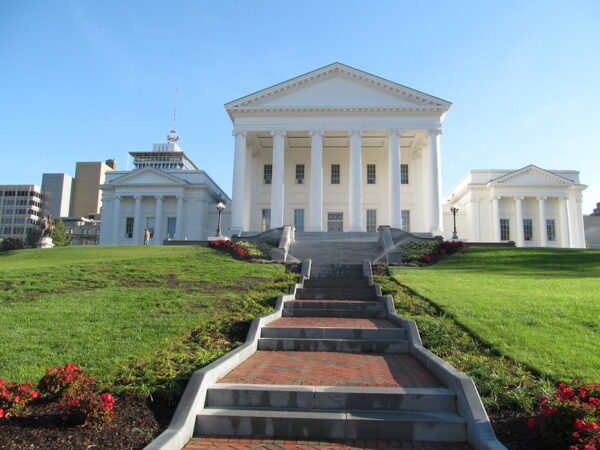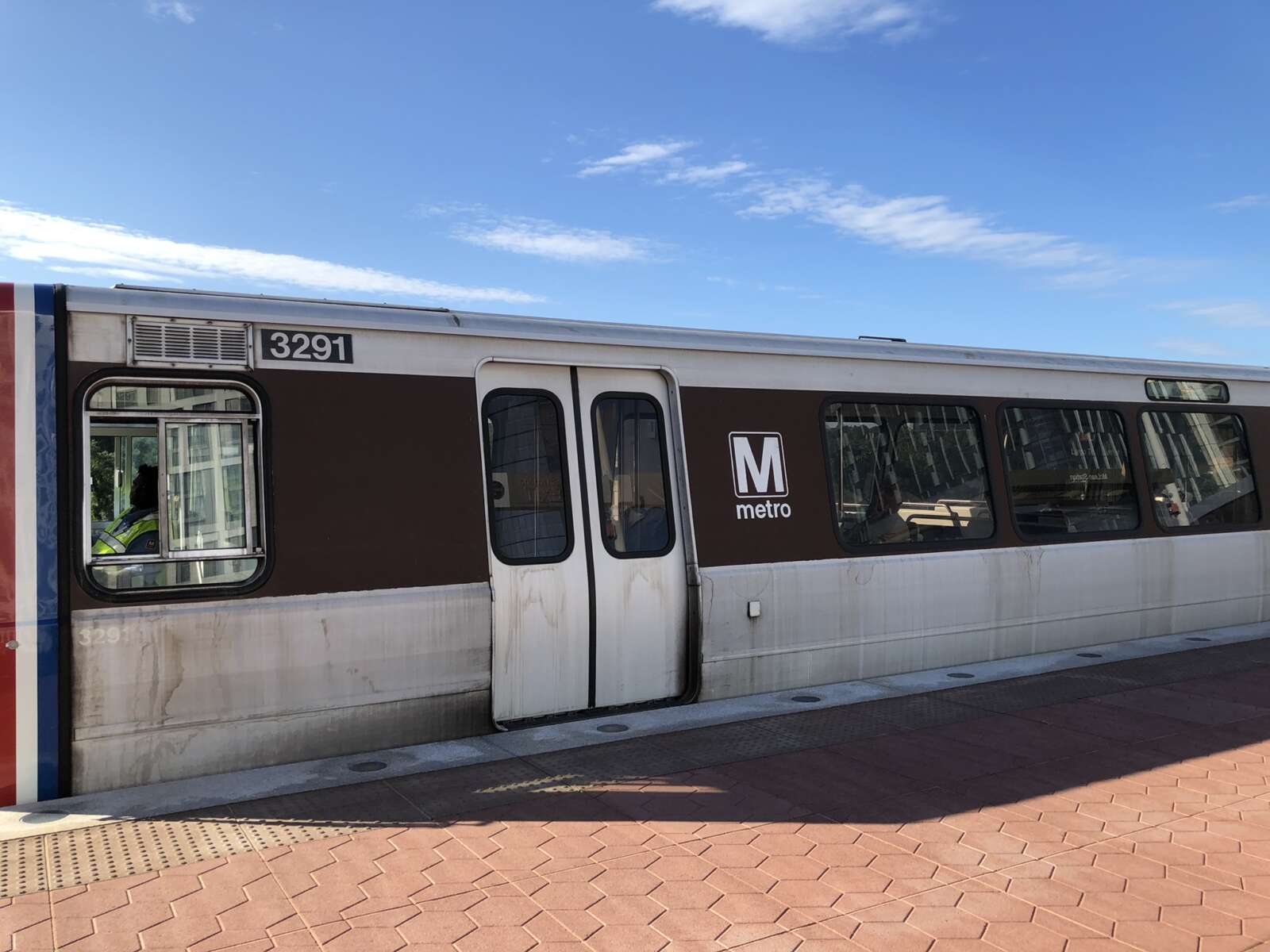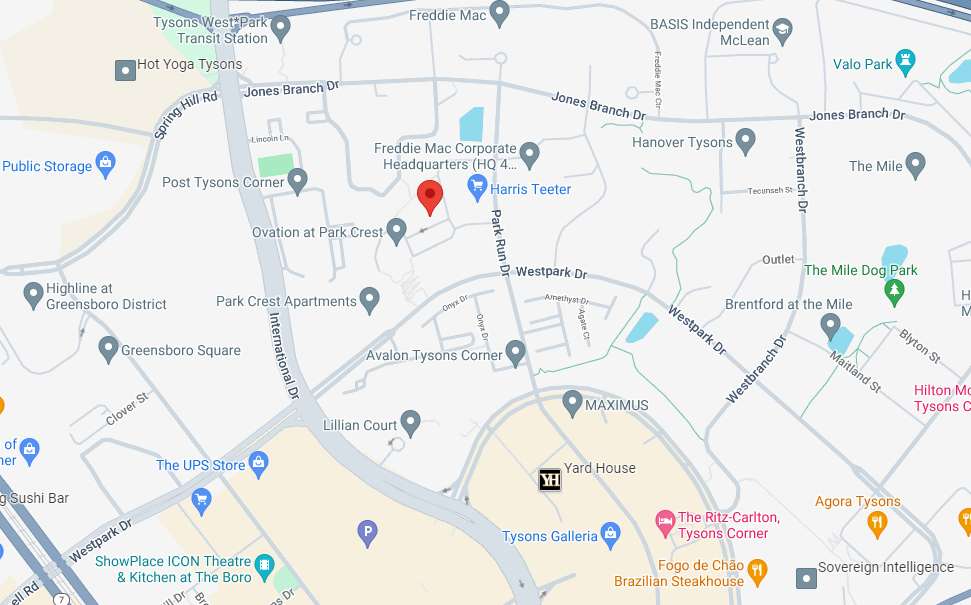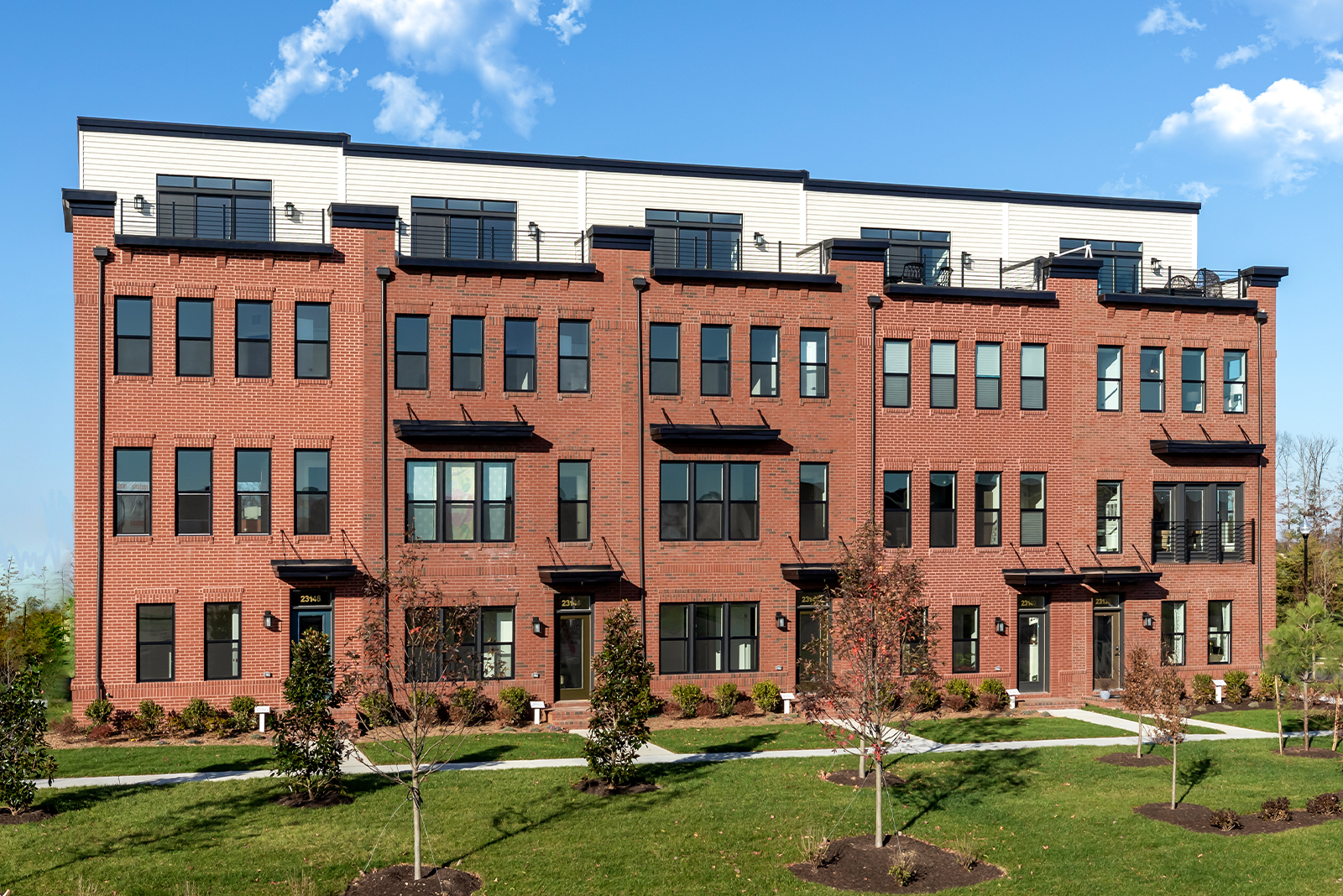
The Virginia General Assembly has wrapped up its first fully in-person session since the onset of the COVID-19 pandemic.
Convened on Aug. 2, the special session concluded on Tuesday (Aug. 10) after the House of Delegates and state Senate appointed eight new judges to the Virginia Court of Appeals and passed a plan to spend $3.5 billion in federal coronavirus relief funds.
The eight-day session marked the first time in 17 months that the State Capitol in Richmond hosted the entire legislature. While the Senate continued meeting in person throughout the pandemic, the House conducted most of its business remotely, with the exception of a one-day veto session in April 2020 and the initial days of a special session in August 2020.
“It was just really nice to see people again getting together,” Del. Mark Keam (D-35th) said by phone while driving back from Richmond on Tuesday.
The special session still required some adjustments in response to the continued threat of the coronavirus.
Plexiglas shields were erected around each legislator’s desk in both chambers, and Keam says all of the Democrats at least were fully vaccinated with masks donned throughout the session, though there was less consensus about the etiquette for greeting people.
“Some people shook hands. Some people just bumped their elbows,” Keam said. “…I can’t speak to what the Republicans are doing, but for the Democrats, we went out of our way to not only practice safe protocols, but also to show to the public that, you know, you’ve got to take this seriously still.”
For Keam, whose district includes Vienna and part of Tysons, highlights of the adopted American Rescue Plan Act budget bill include the $700 million to expand broadband with the goal of achieving universal access by 2024.
That kind of major investment would’ve taken much longer to put together without the federal funds, which were approved by Congress in March, Keam says, noting that while the need for broadband is most acute in Virginia’s rural areas, Fairfax County also has gaps in coverage.
“As a one-time expense, we’re finally able to catch up on the broadband infrastructure that we need,” he said.
As chair of House’s higher education subcommittee, Keam cited subsidizing financial aid for college students as another top priority. The General Assembly allocated $111 million to that, along with $250 million to upgrade ventilation systems in K-12 public schools.
Other ARPA funds were allocated to small business recovery, unemployment benefits, water and sewer infrastructure, and bonuses for some law enforcement officers. The bill also requires that the Department of Motor Vehicles resume walk-in services.
Keam and the rest of the recently formed Asian American and Pacific Islander Caucus had hoped to see more money devoted to making government services — particularly the Virginia Employment Commission, which will receive more than $800 million — more accessible for people who are not fluent in English.
The budget includes $500,000 to help state agencies expand language access, according to a news release from the AAPI Caucus.
“Things like language [assistance] and other things that take more time to develop and hire more people, they didn’t think that we could use the money right away for that,” Keam said. “But that’s something that they want to work with us into the next year.”
During the special session, the General Assembly also expanded the state appeals court from 11 to 17 judges with the addition of eight candidates, including four women and four Black individuals for “the most diverse” slate in the Commonwealth’s history, according to House Speaker Eileen Filler-Corn.
The new judges, who include Fairfax County Circuit Court Judge Daniel Ortiz and former Fairfax County public defender Vernida Chaney, will join a Court of Appeals with more authority than ever before, as the law that gave the court more seats also broadened its jurisdiction to all civil and criminal circuit court cases.
State Sen. Chap Petersen (D-34th) says having both the House and Senate meet in the same building made the process of selecting the final candidates easier.
“On balance, it’s a great advantage having our House colleagues back here in Richmond,” Petersen said. “It was particularly helpful in regard to the issue of judicial selections, as we were able to resolve disputes in a matter of minutes which previously took many days and multiple phone conversations. Face-to-face makes all the difference.”
Keam agrees that there’s “no substitute” to having in-person conversations, both with other legislators and with community members, but virtual formats for public meetings in particular have advantages as well, enabling people to participate without the hassle of traveling to Richmond.
“The number one goal is we’ll always provide public access no matter what we do, and number two, to the extent possible, we should let people come and meet us in person, but for convenience, we should always allow some kind of virtual access as well,” Keam said. “I think virtual should not replace the public. It should be in addition to.”
Photo via Doug Kerr/Flickr





